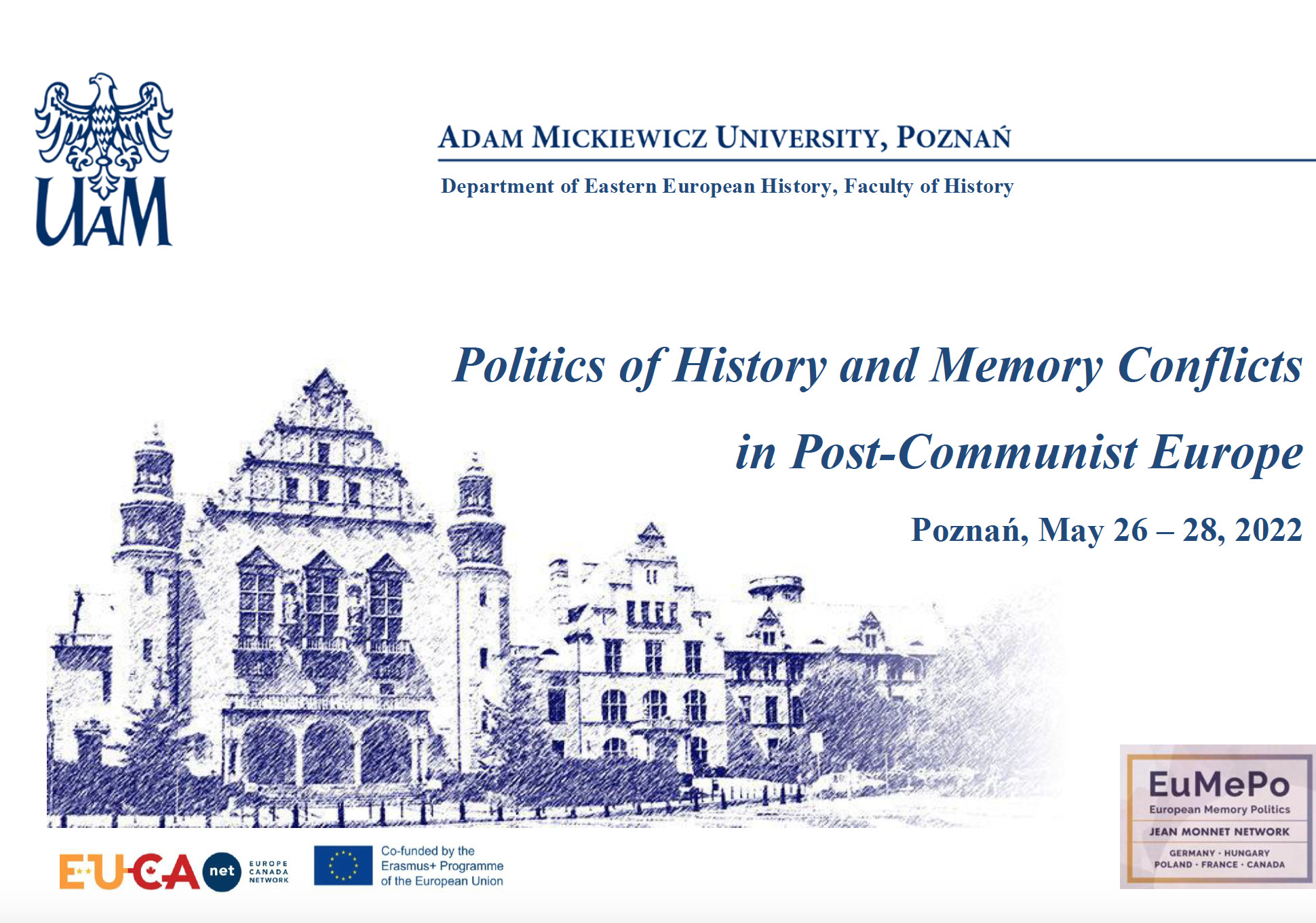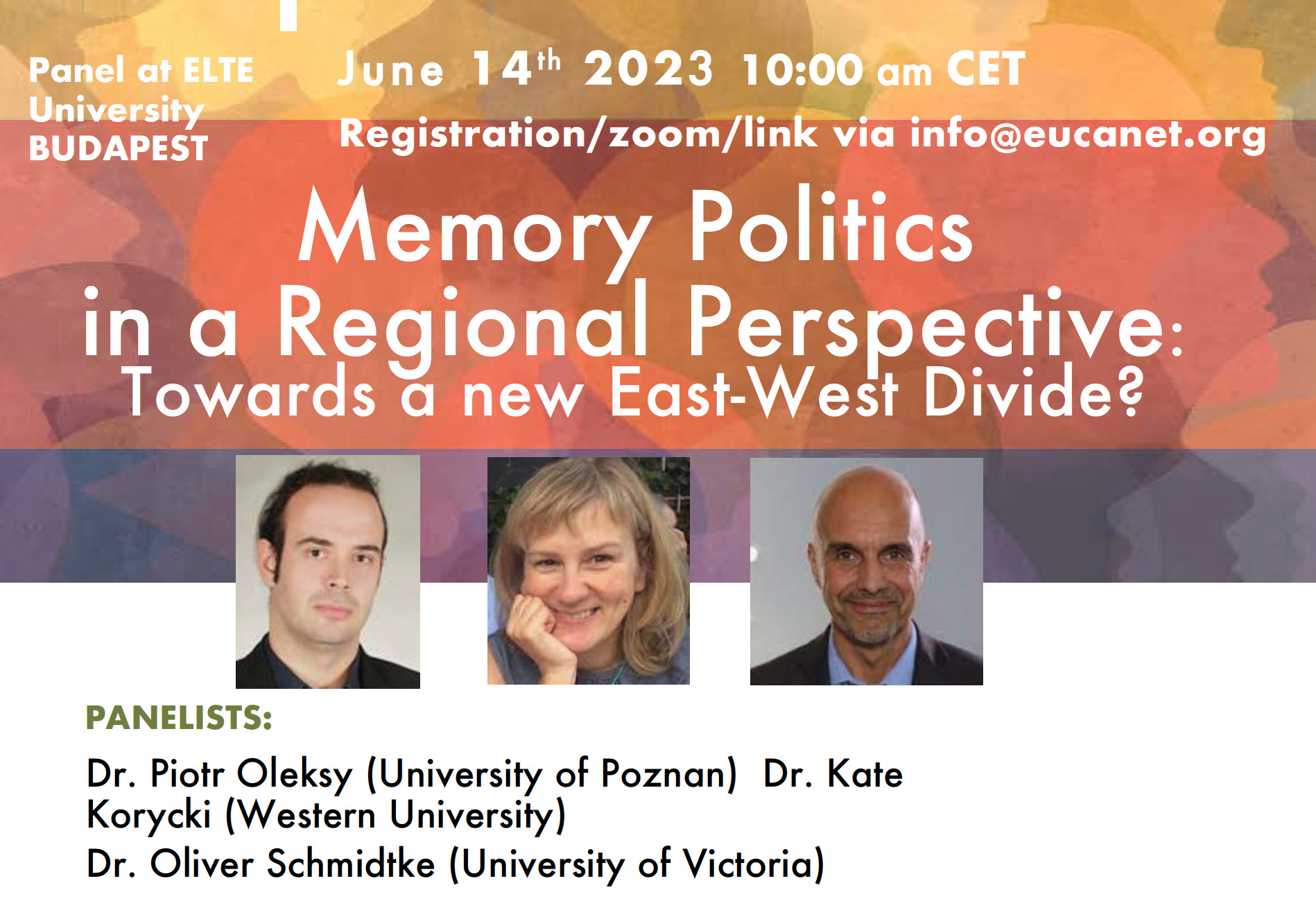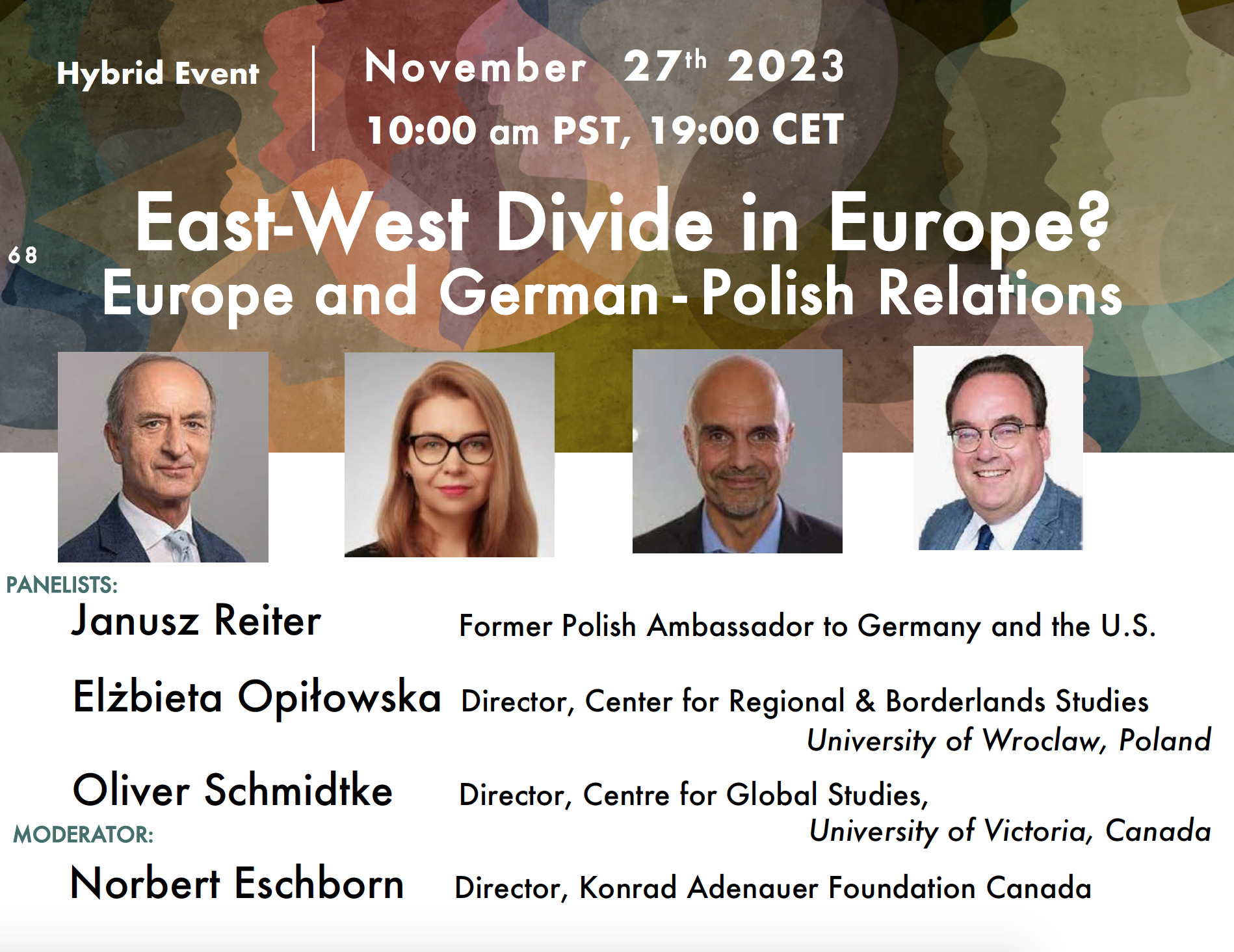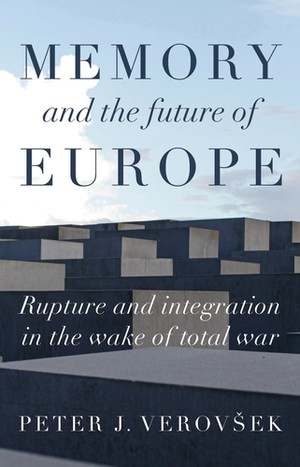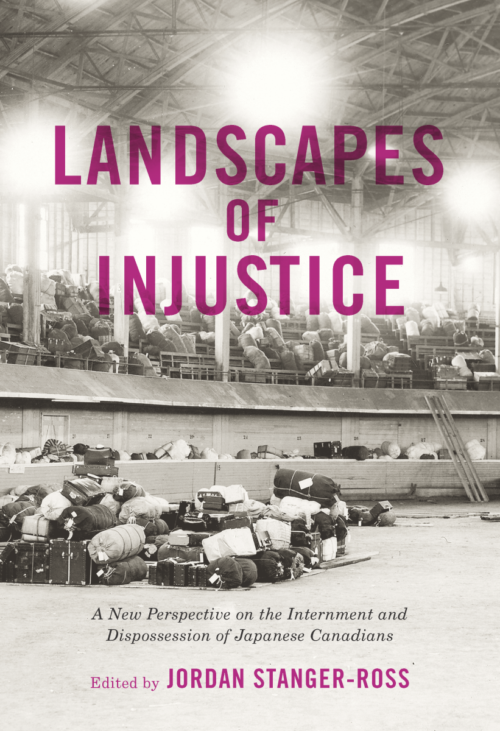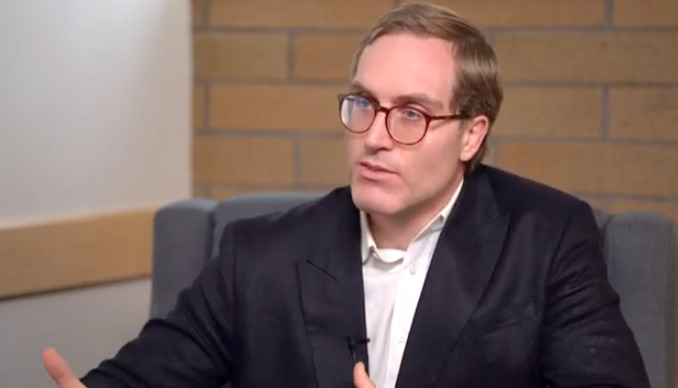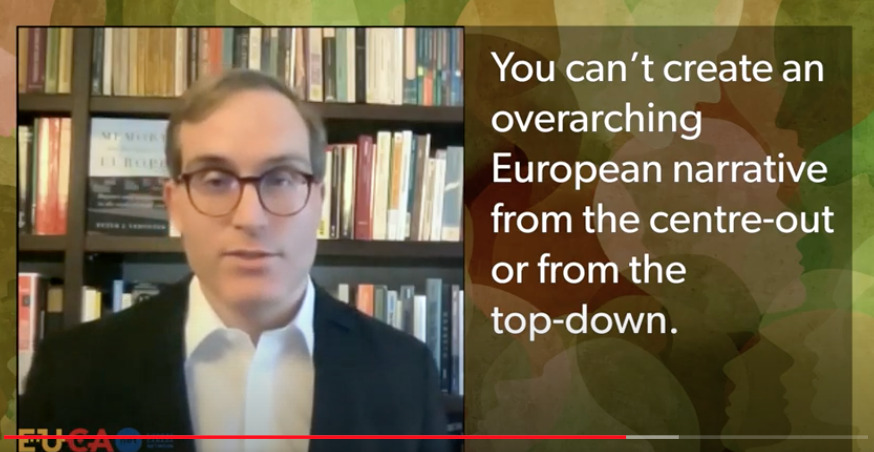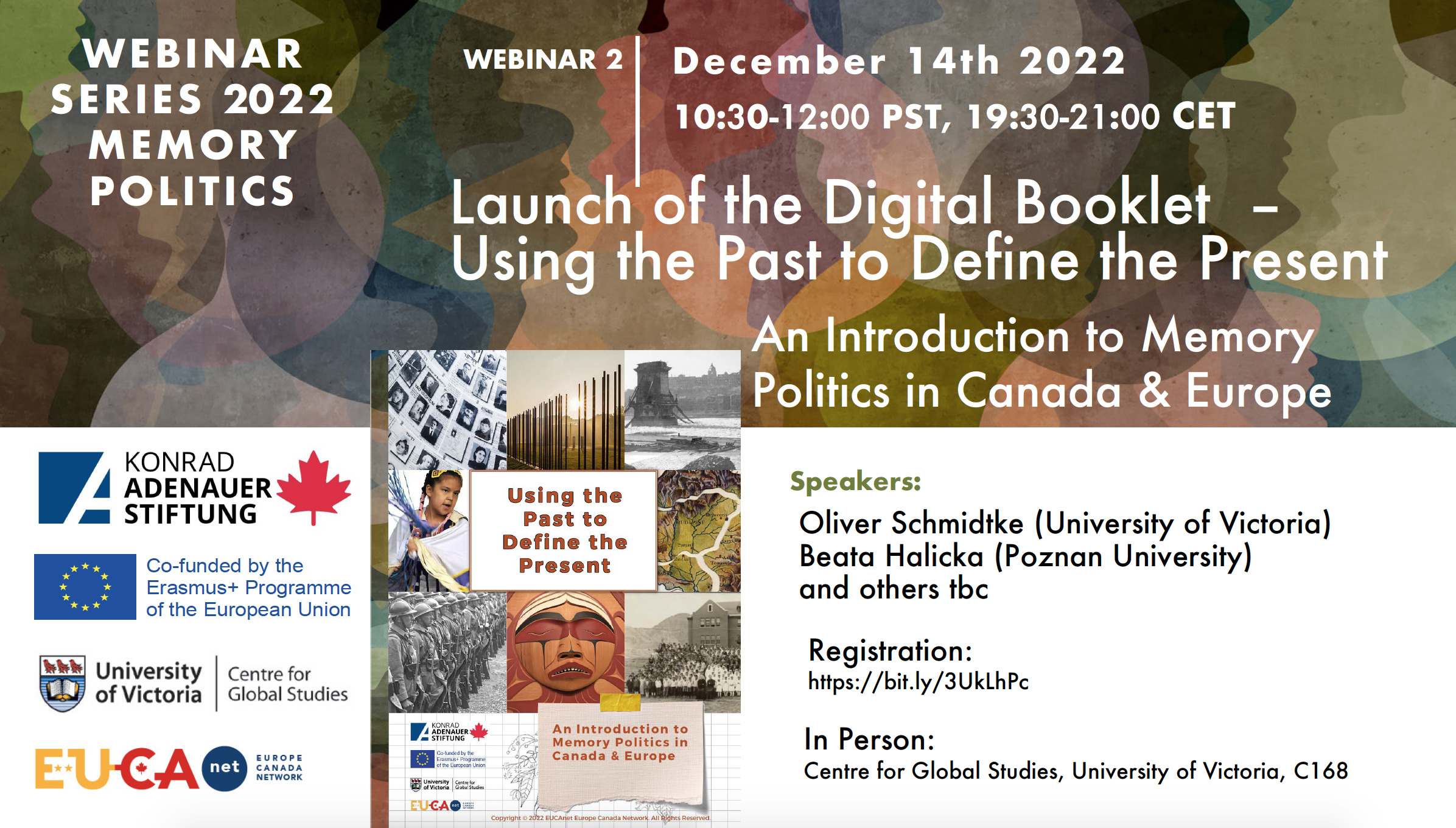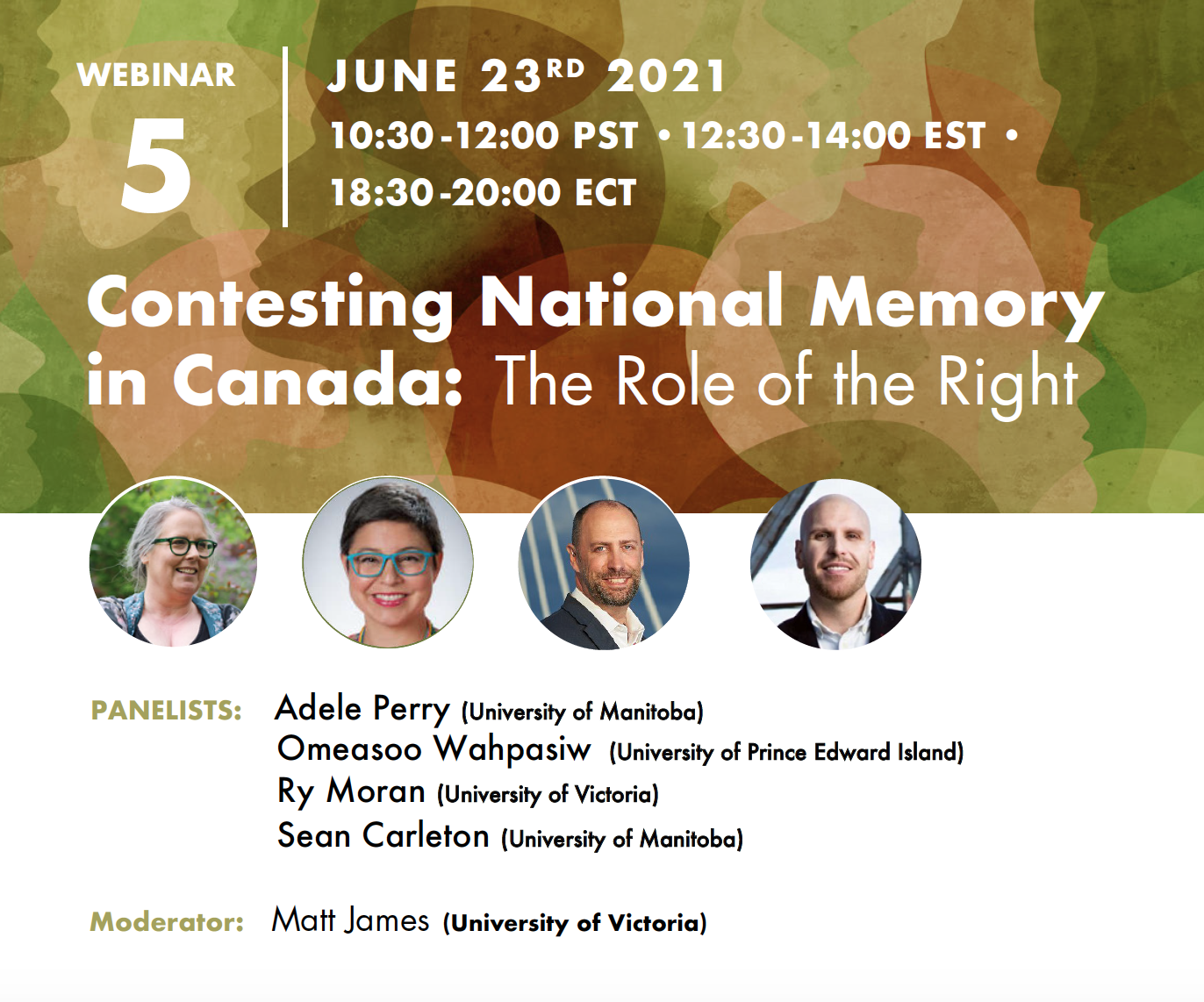Contesting European Memory Culture: Central European Perspective
Politics of History and Memory Conflicts in Post-Communist Europe
International Conference in Poznań, Poland
May 26-28th, 2022
May 26th – Panel Discussion Open to Public during the Conference
“Politics of History and Memory Conflicts in Post-Communist Europe”
In Polish and English with simultaneous translation
This panel discussion addresses the following questions: What does European memory culture mean for Central European countries? To what extent and in what way do nationalist movements use EU identity politics for their political mobilization? And how does the Russian aggression in Ukraine (re-)shape approaches to European memory and identity in former Communist countries
Day One opened with welcoming remarks from Rafal Witkowski, Vice Rector for international cooperation at AMU, Oliver Schmidtke, Director of the Centre for Global Studies at the University of Victoria and Co-Director of EUCAnet, and Beata Halikca. This was followed by our keynote panel discussion led by Jarosław Kuisz and Birte Wassenberg and chaired by Piotr Oleksy of AMU.
This first panel introduced some of the key issues that would be tackled by subsequent panels, such as the different perspectives of Western and Post-Communist Europe, the feasibility of a shared European memory culture, and the broader significance of Putin’s invasion. Birte Wassenberg began the conversation by arguing that the project of European integration has always been defined by memory politics, specifically the effort to construct a shared identity around “a European memory of peace.” Later, Birte Wassenberg emphasized the commonalities between Western and Central/Eastern experiences, namely the ways in which both ‘sides’ have crafted themselves in opposition to Soviet domination. Jarosław Kuisz, in contrast, discussed at length the “gap in expectations” between Western and Post-Communist states, both after the breakup of the Soviet Union and in the wake of the Ukraine-Russia war. In contrast to Germany or France, he argued, “[Poland’s] opinions are based on the political experience of tyranny.” The memory of Communist oppression has, in Jarosław Kuisz’s term, resulted in “a nervous sovereignty.” Piotr Oleksy chimed in at various points, often agreeing that Europe faced fundamental divisions based on different historical memories and collective experiences, especially in relation to the Soviet Union/ Russia.
The panel discussion was followed by a lively Q&A session, which included questions on the efficacy of blackmail and military strength in dealing with Putin, the significance of the United States (and NATO) in Europe’s immediate future, and the tools that can be utilized to construct a supranational European identity.
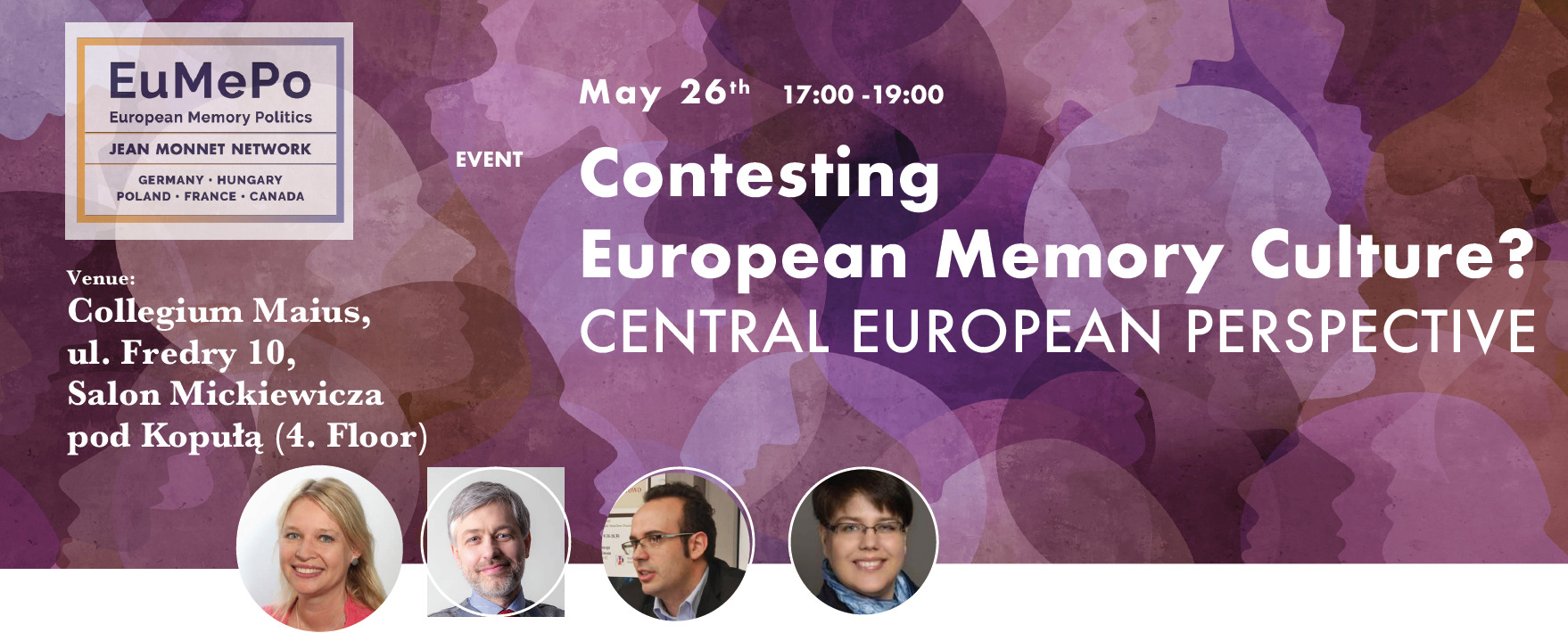
PANELISTS:
Birte Wassenberg (University of Strasbourg)
Ildiko Barna (Eötvös Loránd University, Budapest)
Jarosław Kuisz (Liberal Culture and University of Warsaw)
Moderator:
Piotr Oleksy (Adam Mickiewicz University, Poznań)
